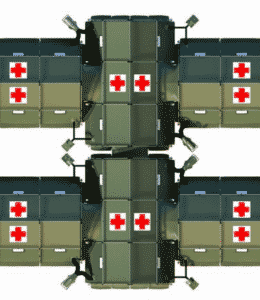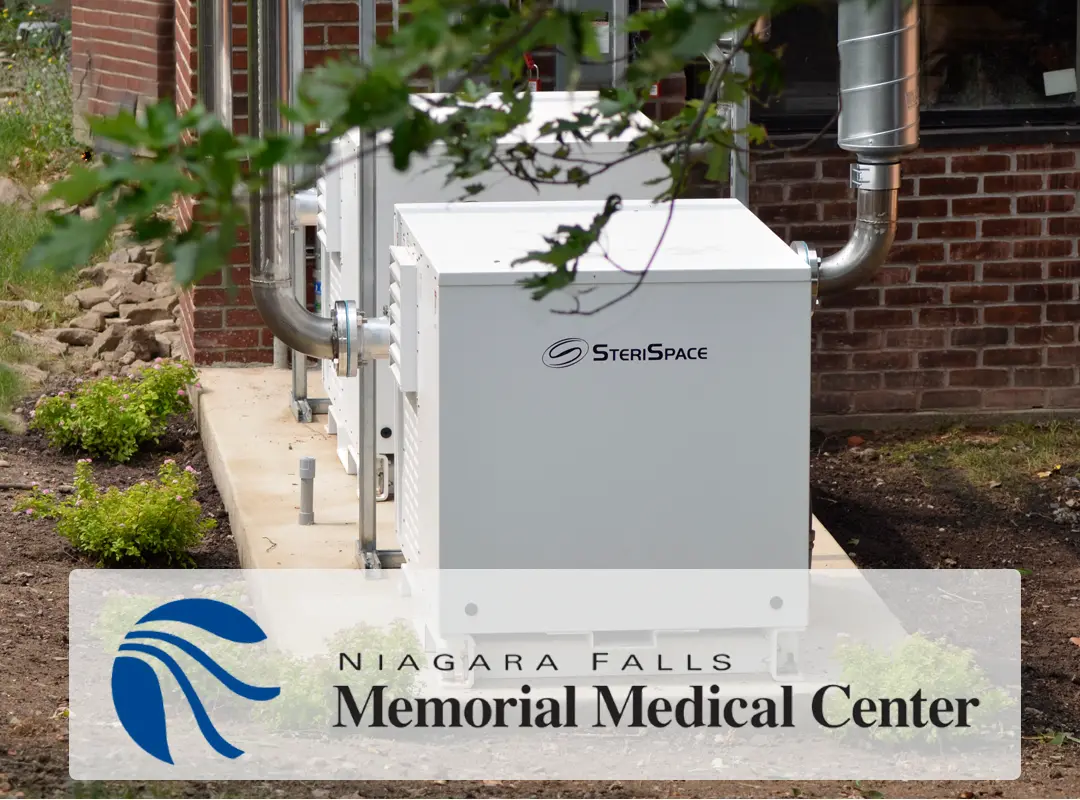
COVID in Nursing Homes: The Ultimate Guide
There are several things you need to understand about COVID in nursing homes. Keep reading to learn more about keeping the indoor air clean.
Healthcare facilities have strict indoor air quality (IAQ) standards in place, especially when it comes to ICU annexes. Considering the steady rise of air pollution as well as the unrelenting COVID-19 pandemic, more and more contaminants are penetrating the air, posing serious threats to patients, visitors, and healthcare workers alike. Air pollutants like particulate matter (PM), ozone, nitrogen dioxide, sulfur dioxide, and carbon monoxide can all have adverse effects on one’s health. PM can permeate the lung causing respiratory issues, while other airborne contaminants can enter the bloodstream and wreak havoc on other organs.
In ICU annex environments, containing airflow means isolating susceptible patients and drastically improving their chances for recovery.

These results are crucial to our understanding of how to further improve the air quality as well as the overall safety of ICU annexes.
So, how exactly were researchers able to determine this? To start, portable HEPA air filtration units were placed in two different types of COVID surge wards. One with patients receiving oxygen therapy or non-invasive breathing assistance, and the other ward is a COVID ICU annex; reserved for those who need breathing intervention with a ventilator. For one week prior to installing air filtration units in each type of annex, researchers were able to detect samples of SARS-CoV-2 each day. Then, air filtration units were switched on for a week to determine what the samples would look like after the fact.
The benefits of air filtration are clear – and this revelation now has public health departments encouraging hospitals to improve ventilation systems to lessen the risk of viral transmission in enclosed areas like ICU annexes. While this is all certainly good news, the study cannot account for how long these air filtration devices can remain effective before needing maintenance, or what happens to smaller particles that weren’t completely filtered by the HEPA system.
Though using a combination of PPE and standard HEPA filters is useful for filtering larger sized aerosols, viral transmission is still possible with smaller sized aerosols. In fact, HEPA filters have the potential to create a breeding ground from leftover pathogens that weren’t completely killed off. Bearing in mind the various challenges healthcare staff deal with a daily basis, there is still a need to remain conscious of the spread of other nosocomial infections (infections acquired at the healthcare facility while either working or receiving care).
HEPA filters can only filter 99.97% of all airborne pathogens. While this may seem like a slight difference, proper air sterilization requires 99.9999% elimination of all airborne particles. What’s more, is HEPA requires maintenance producing hazardous waste that’s not only difficult to properly dispose of, but it poses the risk of releasing even more contaminants in the air simply by removing the filter. While it’s a given that ICU workers are taking additional precautions when it comes to patient care, the same standards should be in place when it comes to maintaining peak air quality.
SteriSpace’s unique technology works to diminish contagious pathogens by diluting the particles while altering airflow patterns to isolate patients from contaminated air and utilizing a compressive heating system, leaving no airborne contaminants behind. HEPA-based systems continue to be the gold standard for air purification that healthcare facilities rely on, but SteriSpace is transcending the boundaries of traditional air filters and is proven to eradicate airborne pathogens far more effectively.

There are several things you need to understand about COVID in nursing homes. Keep reading to learn more about keeping the indoor air clean.

Table of Contents A Revolutionary Leap in Combating Covid-19 and Airborne Pandemics Celebrated in Niagara Falls Niagara Falls, NY – June 28, 2023 – In